Turing Test, The (Video Game)

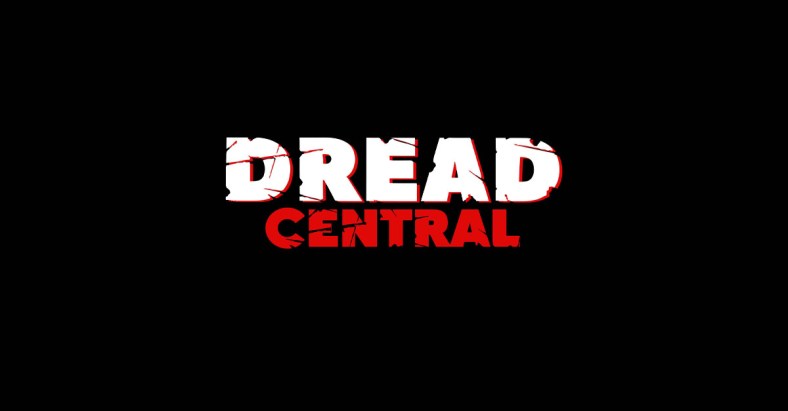 Developed by Bulkhead Interactive
Developed by Bulkhead Interactive
Published by Square Enix
Available digitally on Xbox One and PC
Suitable for ages 13+
Well, here’s a genre I haven’t seen in awhile: educational games. Shit, I haven’t played one of these since I was living my shark dreams in Odell Down Under. So take your seats class and strap in for The Turing Test, aka Philosophy 101.
I’m being a bit glib, but playing The Turing Test was like a refresher course for everything I learned at Intro to Philosophy. Theories like The Chinese Room, The Turing Test, syntax vs semantics, the purpose of morality, the fundamentals of creativity, and even symbolic logic are all on parade here. However, instead of learning it from a professor that hardly speaks English in a sweltering classroom in the building with the highest suicide rate on campus (Go Bears!), it’s in a delightful little puzzle game.
In The Turing Test, you play as Ava Turing (Get it? Ugh.), a member of a six man team sent to extract resources from Jupiter’s moon Europa. You awaken to the glowing red eye of the station AI—who is definitely named Tom and not Hal—who informs you that you have been awoken from stasis several years early because of an emergency with the rest of the team. 500 hours ago, communication with the team was cut, triggering a failsafe that wakes you up on the space station high above. So you grab your trusty energy gun, get into the landing pod, and head down to Europa’s surface to find out what’s going on.
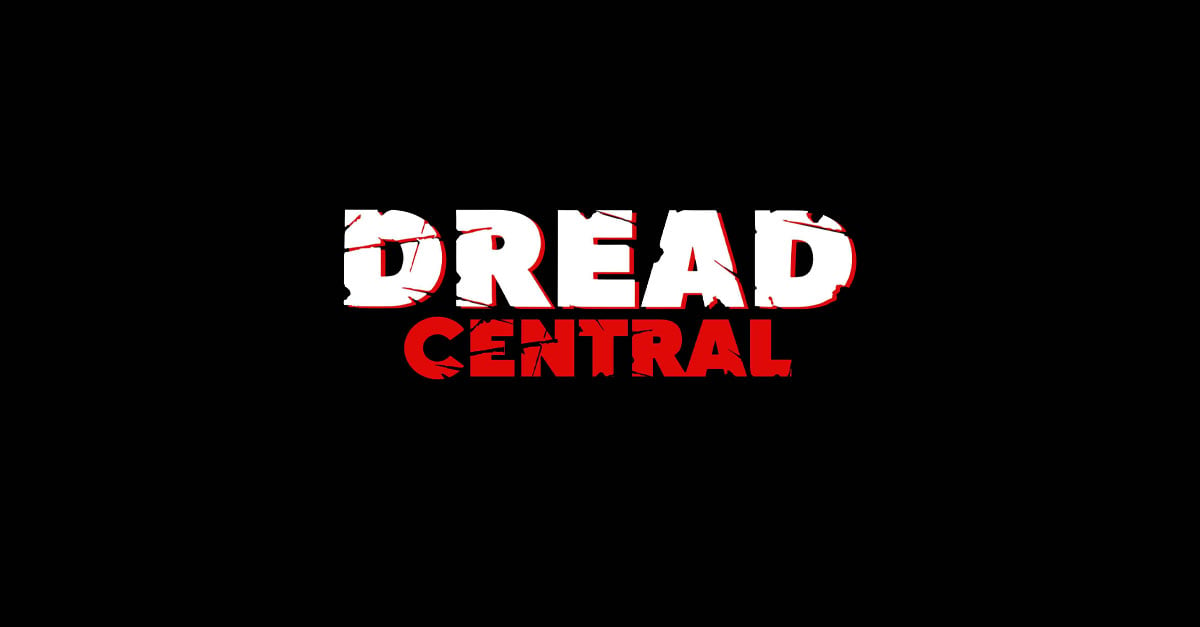
“What? Worried about little ‘ol me? I’m just an advanced station AI with the programmed imperative to protect the mission over the lives of the crew. No way I’ll ever be evil!”
When you get there, you find that the whole station has been repurposed into a number of Turing Tests. It’s a relatively loose application of the term, but for the purpose of the game this means that the rooms can’t be solved without human lateral thinking. From there, you’ll room by room learn about various philosophical theories on morality and consciousness while a mysterious and spooky plot evolves in the background.
I don’t want to spoil too much, but the plot is really just a framework to hold the lectures. As much as I hate mixing my academia with my work, The Turing Test does a decent job of teaching you the basics. It’s a bit blunt and lacks some of the deeper point/counterpoints, but it’s an impressive feat for a game that only took me about three hours to beat. By the time it’s done, you should have a decent enough understanding of the theories to have a freshman level discussion. It’s far cheaper than a college course, and a hell of a lot more fun.
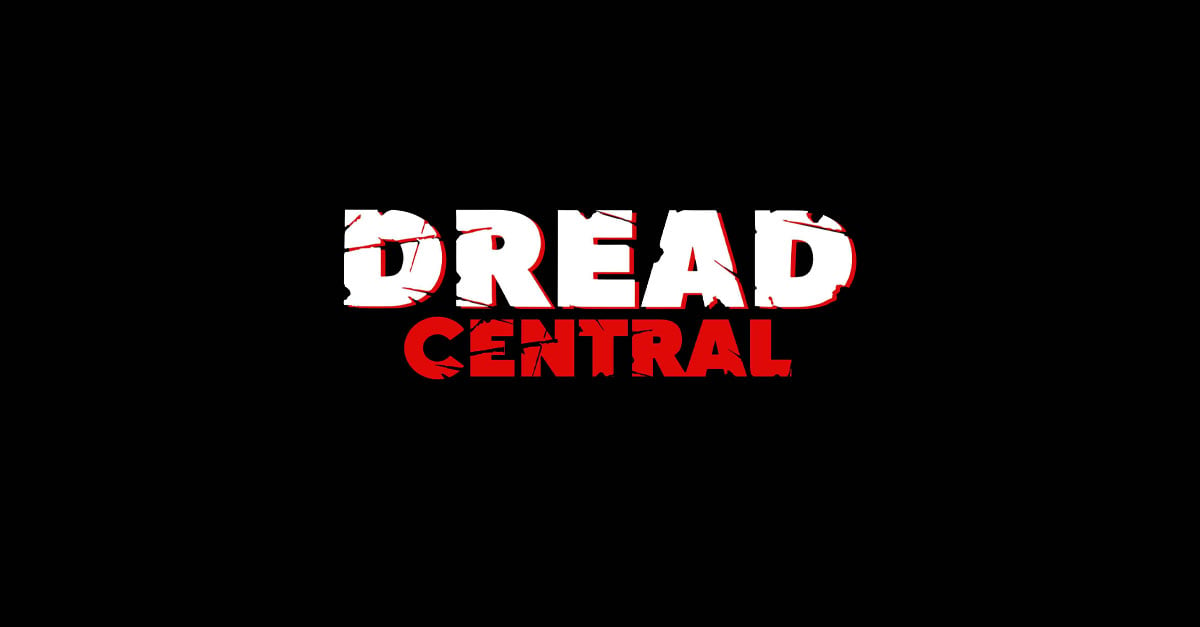
Some of the themes are dealt with more subtly than others.
What I will say about the plot is that it is very creepy. For those paying attention, there’s some really terrifying shit going on just beneath the surface. This is a game that disturbs you the more you understand it. There’s the initial level of creeped out when you see a figure wandering the distant halls, but considering the implications of the plot is far more unsettling. There are little extra pieces I found that made me genuinely uncomfortable. If you are a fan of psychological horror, and not the kind where there’s a monster looming just out of sight, then this is the kind of game for you.
Most importantly, it sandwiches all the theory between a decent puzzle game. Using your Energy Manipulation Tool and brain, you’ll move orbs around to open doors in a delightfully brain-bending manner. It was never obtuse, but I spent more than a few rooms scratching my head and fighting back the urge to Google the solution. There were a number of challenge rooms that I greatly enjoyed, asking you to come up with clever solutions rather than just more complicated ones. You’ll have to use the mechanics in ways you haven’t before if you want to succeed. I wish there was more, but there are far worse criticisms to give a game. Overall, the puzzle element isn’t what you are here for, but turns out to be a nice change of pace between all the philosophy.
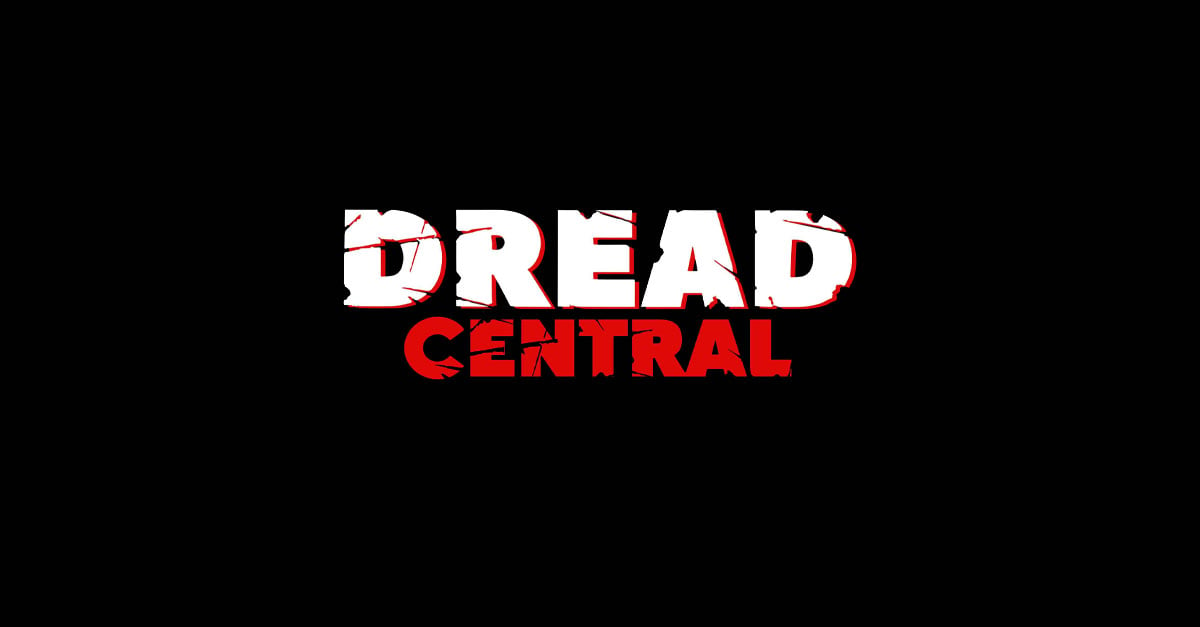
“What makes a man? Is it being born a man? Or is it the ability to think, to feel, to consider one’s self alive? I think that I am alive. does that not make me a man? Now please put that cube in slot to activate the light bridge.”
The problem with reviewing The Turing Test is that you really can’t talk about it without defeating the purpose of the game. I mean sure, I can break down something like the efficacy of their description of morality as it functions in a decision making process. But I’d be defeating the purpose of the game. The whole point is to introduce players to these concepts and explore some of the intricacies. Ava and Tom’s discussions provides a dialogue, each taking a different standpoint so that the player can experience the concept as though in a classroom. If this all sounds like a bunch of pseudo-intellectual nonsense, then good job, welcome to philosophy. You’ll either love it or you’ll feel like you’re wasting your time. But hey, at least you won’t be wasting your parent’s money.
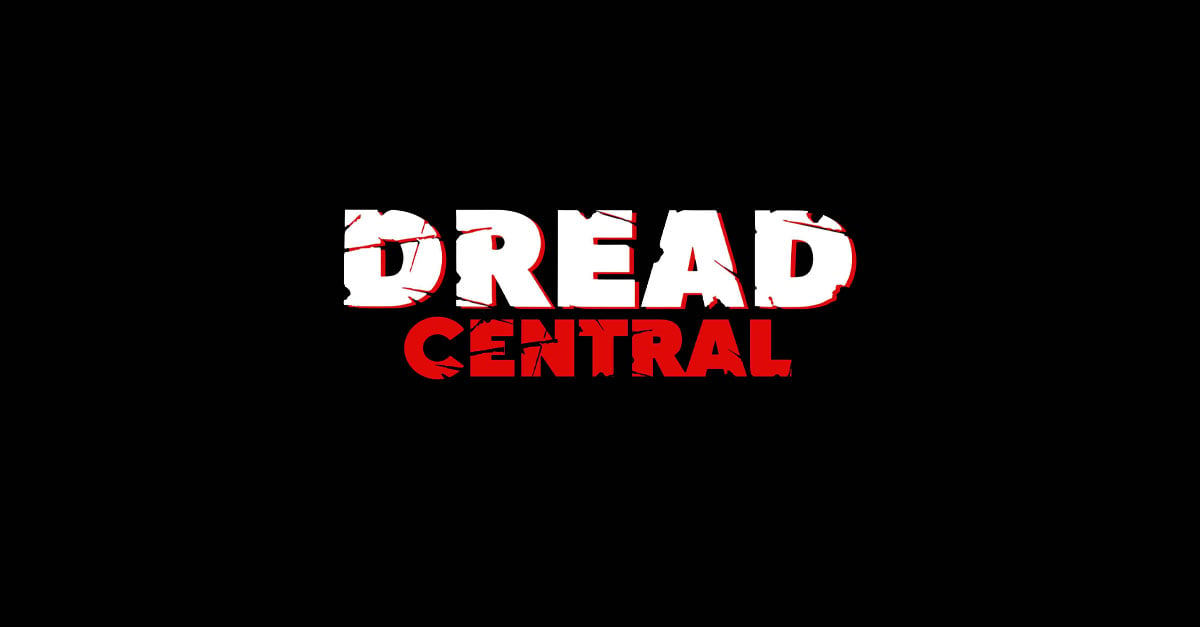
And you’ll still get to read plenty of essays!
It’s been so far all praise, but only because I respect the fundamental concept. The execution struck me as a bit basic. Granted, I enjoy a good discussion, and I really think this is a great introduction that won’t confuse people past the point of understanding. I just prefer a game like SOMA which tackles similar issues in a more complex manner.
The Turing Test is an excellent introduction to philosophy and an above average puzzle game. Even as a guy who reads into things for a living, The Turing Test kept me thinking about it for a week after I played it. It’s a great springboard for people to jump into more complicated narratives and theories. Check it out if you want to exercise your brain muscles, then check out SOMA. It’s basically the nightmare version of The Turing Test.
-
Game
Categorized:Reviews
